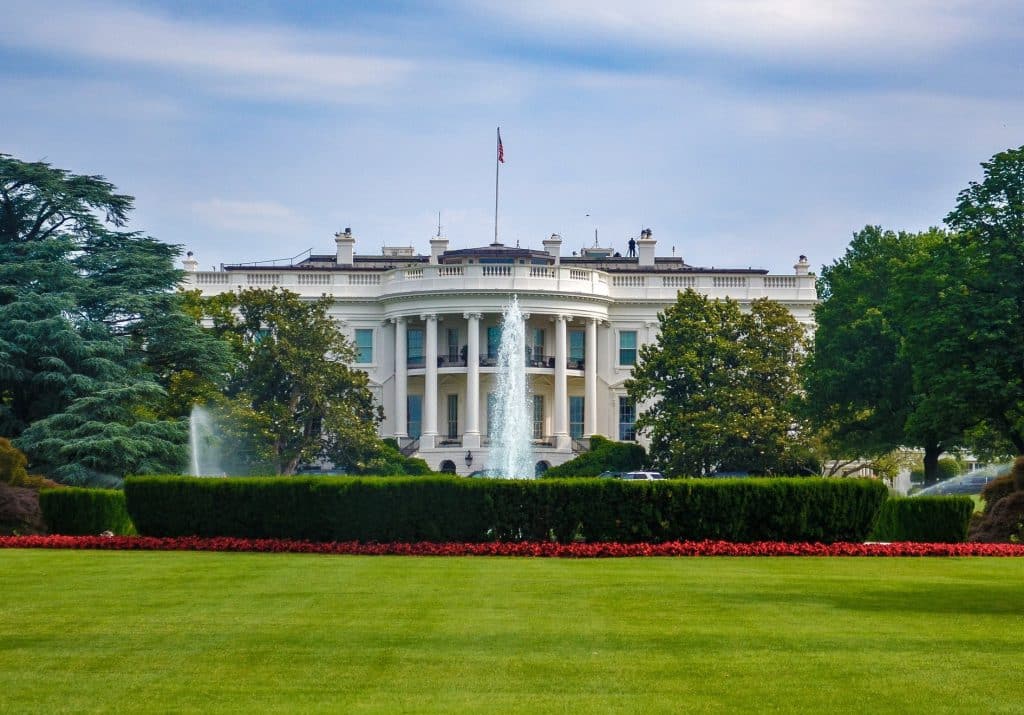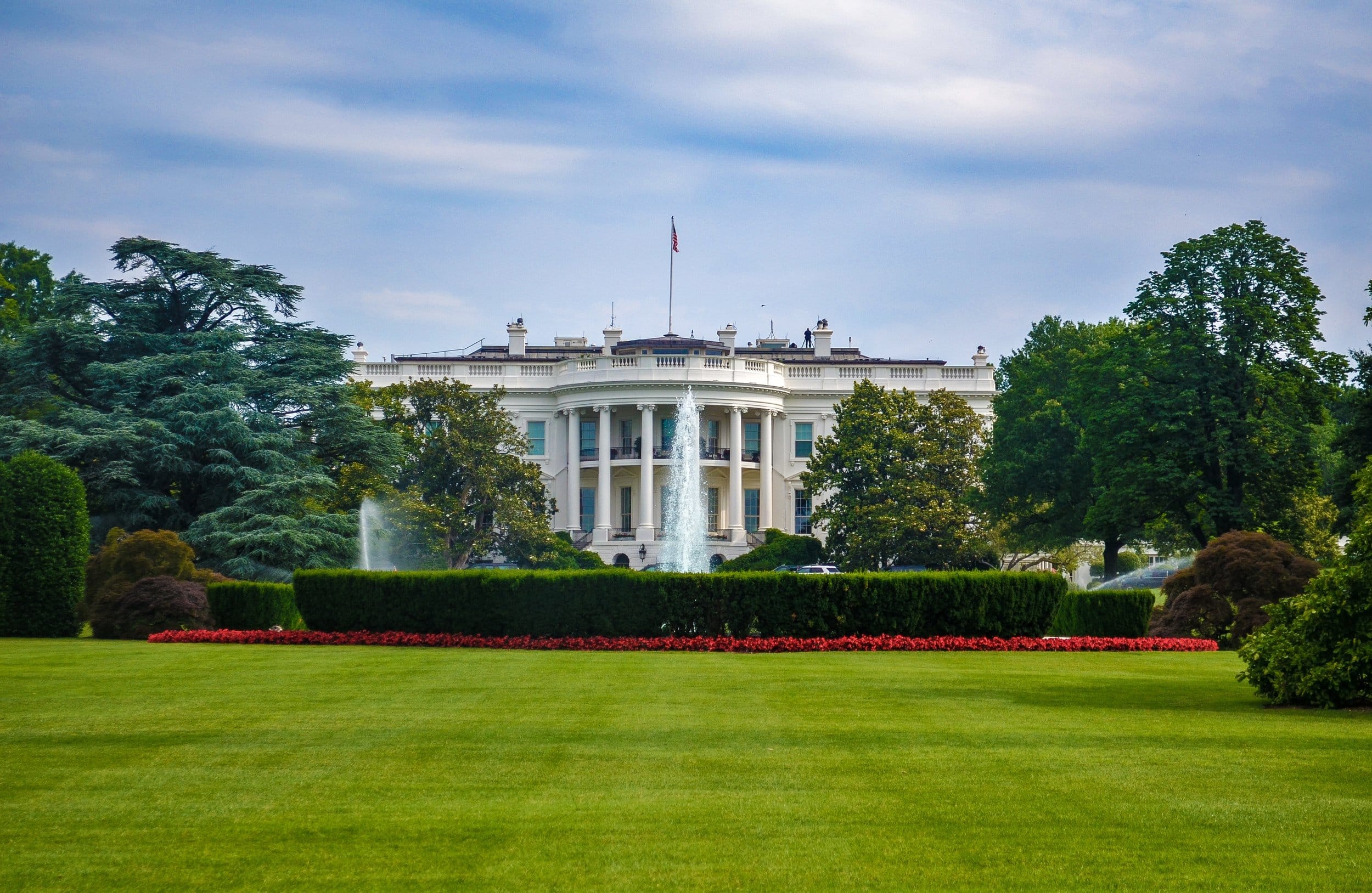
The United States’ record breaking government shutdown
Joshua Boulet, Staff Writer
Photo by David Everett Strickler on Unsplash
On Jan. 25, 2019, the U.S.�s longest government shutdown ended. The federal government had been partially shut down since Dec. 22, 2018, when the government couldn�t pass a new spending bill. President Trump went on record, saying, �I am proud to shutdown the government for border security.�
He pulled out of the established spending agreement in order to try to get a border wall built on the U.S. and Mexico border. Specifically, he wanted $5.7 billion to help build it. There is a bit more in the fine print. Trump wanted $800 million for humanitarian assistance, $805 million for drug detection technology at points of entry, 2,750 border agents, along with other things in addition to the $5.7 billion.
The Democrats did not agree to this spending plan. Npr describes the reaction as �dead on arrival with Democratic leaders.�
This was just one of many deals that attempted to end the government shutdown. As more time passed, the government shutdown hurt more people. Around 800,000 federal employees missed their paycheck.
Trump went on record making statements about the length of the shutdown. Once, he explained that he would be keep the government closed for months or even years. Trump also claimed that �we�re all on the same path in terms of wanting to get government open.� In regards to the border wall, Trump stated, �We won�t be opening it up until it�s solved . . . It�s a problem of national security. It�s a problem of terrorists.� (CNN breakdown).
Technically, both Republicans and Democrats are to blame for not coming up with a deal to open the government, but there wasn�t going to be an issue with the spending bill until Trump added billions of dollars of funding for the border wall.
With hundreds of thousands of people not getting paid and neither side budging, a deal was finally made to open the government on Jan. 25, 2019. The government will reopen until Feb. 15. It also creates a bipartisan-committee with the goal of negotiating a new spending bill for the Homeland Security Department. In other words, no actual spending bill was passed, but at least people are getting paid.
The federal government�s 35-day-long shutdown will have more effects on the people. Although around 800,000 received IOUs and will eventually receive their deserved pay, many others don�t have that guarantee. Specifically, janitors, security guards, and cafeteria workers may never be paid (Vox on recovery from the gov shutdown).
Furthermore, many national parks were trashed during the shutdown. With no one to maintain their quality, trash is overflowing and the quality of the parks was fading. Yosemite National Park had to shut down due to the awful amounts of trash. Roughly 27 tons of trash were brought back since the shutdown but none of it is being handled as well as if the actual staff were doing the job.
The shutdown is over for now, but the federal workers can only hope that Feb. 15 doesn�t start a repeat of the longest shutdown in the history of the United States.

